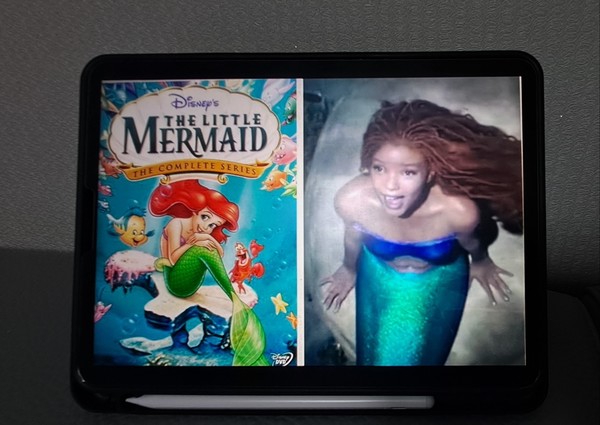
Is it excessive intervention for Political Correctness (PC) or the right to be respected as a creator's domain?
The controversy over "Blackwashing" is rapidly emerging as a hot potato in the overseas content market, regardless of movies, dramas, and documentaries. "Blackwashing" is a term referring to the phenomenon of "whitewashing" in the Western cultural world, where white actors were mainstream in the past. Regardless of the plot or setting of the original, the word arose from criticism that a certain race monopolizes the main role, and recently, related controversies have spread as more and more black actors have been cast.
Disney's live-action film "The Little Mermaid," which is scheduled to be released this month, is at the forefront of such controversy. The film faced headwinds last year as soon as news broke that black singer and actress Harley Bailey was cast as the main character "Ariel." Some fans, angry at the colored mermaid, started the hashtag movement, saying, "#NotMyAriel." Currently, the comment website of the trailer posted on the official Walt Disney YouTube channel is closed.
The Netflix documentary "Queen Cleopatra," which is scheduled to be released on the 10th of this month, has been embroiled in controversy over historical distortion as Cleopatra VII is described as black. Actress Adele James, who played the role of Cleopatra, responded, "If you don't like it, don't watch it," but the controversy is fierce. While the Egyptian government announced its official position that "Netflix documentary is a manipulation of Egyptian history," there are continuing public petitions against Netflix to ban the screening.
As unconventional casting continues, the public's pros and cons are sharply divided. They argue that "PC-based settings have gone too far" and that "diversification is finding its way."

